IMERSA Day August 27th
Become an IMERSA member and access this and future events for free!
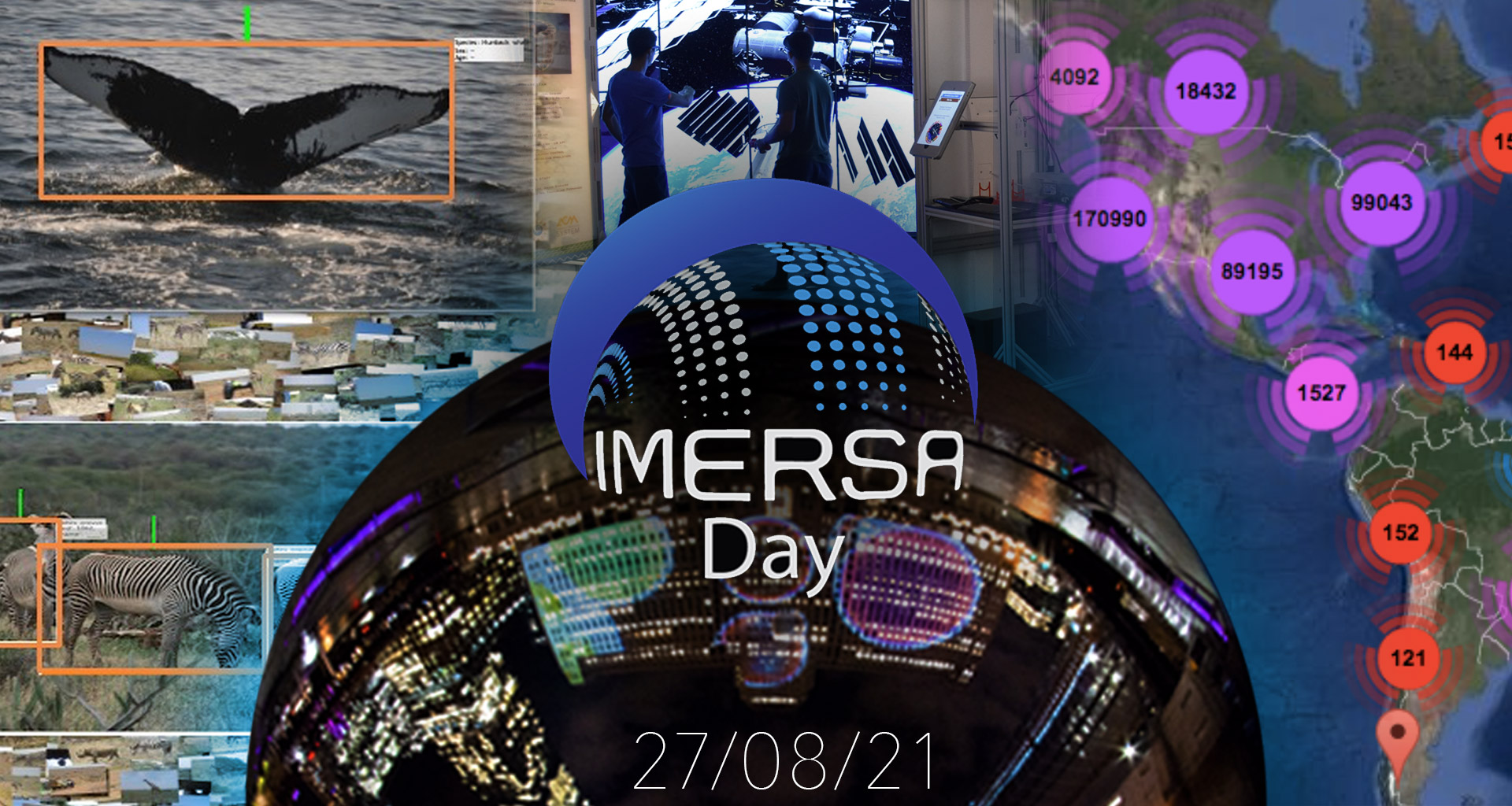
The Science of Extended Seeing
Immersive Connections to Hyperlocal Data
This exciting event takes immersive experiences to the next level in time and space. Collection and classification in citizen science not only support the work of scientists, but in the case of scientifically visualized community data, strongly connect us to the influence we exert on our host planet.
Meet our presenters:
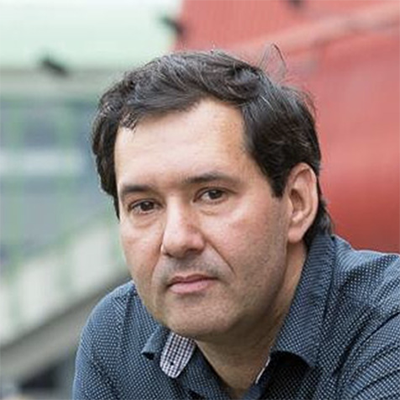 Mark SubbaRao
Mark SubbaRao
Mark SubbaRao leads NASA’s Scientific Visualization Studio. Before joining NASA this past December, Mark spent 18 years at the Adler Planetarium in Chicago, where he produced planetarium shows and designed museum exhibits featuring data-driven scientific visualizations. During 2019-2020 Mark served as President of the International Planetarium Society (IPS), where he spearheaded the ‘Data to Dome’’ initiative - an effort to prepare the planetarium community for the big data era. Before that he worked at the University of Chicago where he was part of a team that created the largest 3D map of the Universe, the Sloan Digital Sky Survey. Mark's visualizations have been widely featured in print, TV, museums, and even projected on the sides of buildings. His work has received significant recognition including the NSF's Vizzies, and the naming of an asteroid (170009 Subbarao).
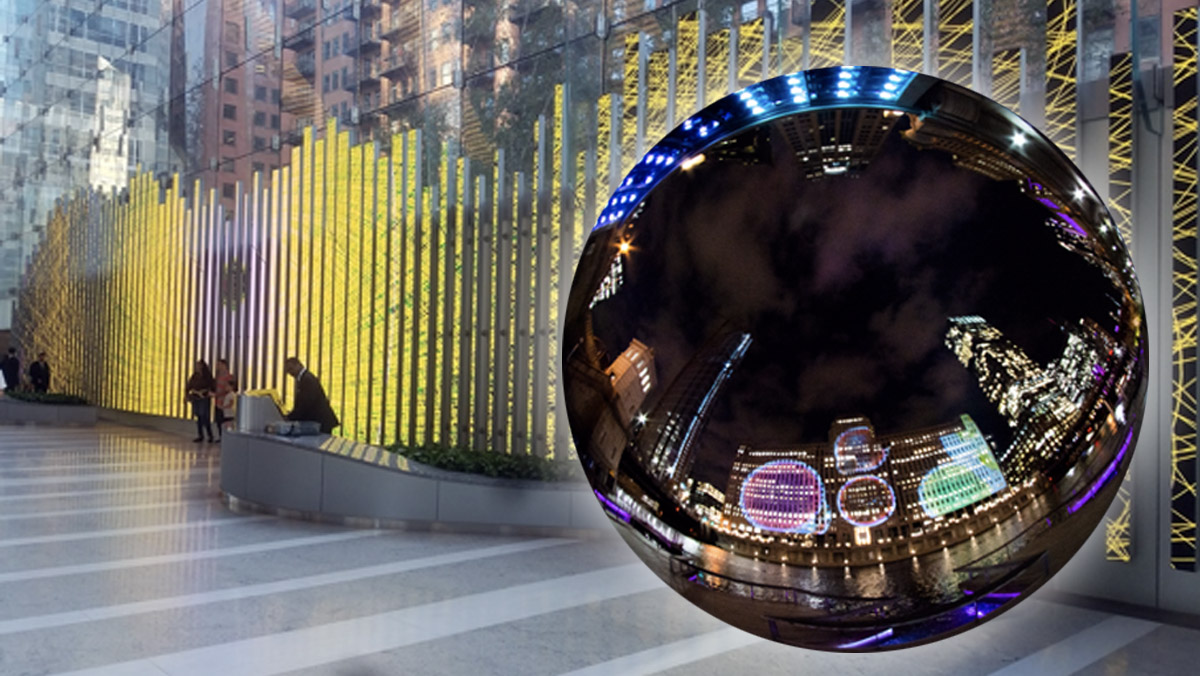
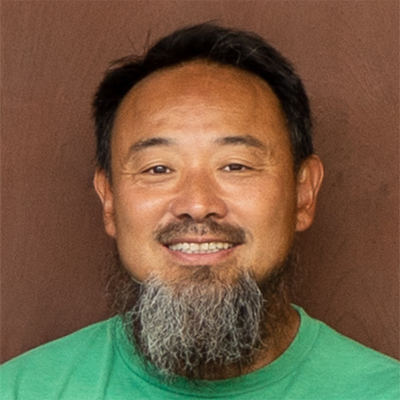 Jason Leigh
Jason Leigh
Jason Leigh is the Director of LAVA: the Laboratory for Advanced Visualization & Applications, Co-director of the Hawaii Data Science Institute, Professor of Information & Computer Sciences at the University of Hawai‘i at Mānoa; and Director of Create(x) at the Academy for Creative Media at the University of Hawaiʻi at West Oʻahu. He is also Director Emeritus of the Electronic Visualization Lab and the Software Technologies Research Center at the University of Illinois at Chicago, where he was previously Professor of Computer Science and Affiliated Professor of Communications. His research in data visualization and virtual reality has received numerous press from News media including: the AP News, New York Times, Popular Science's Future Of, Nova ScienceNow, NSF Science Now, PBS, and Forbes.
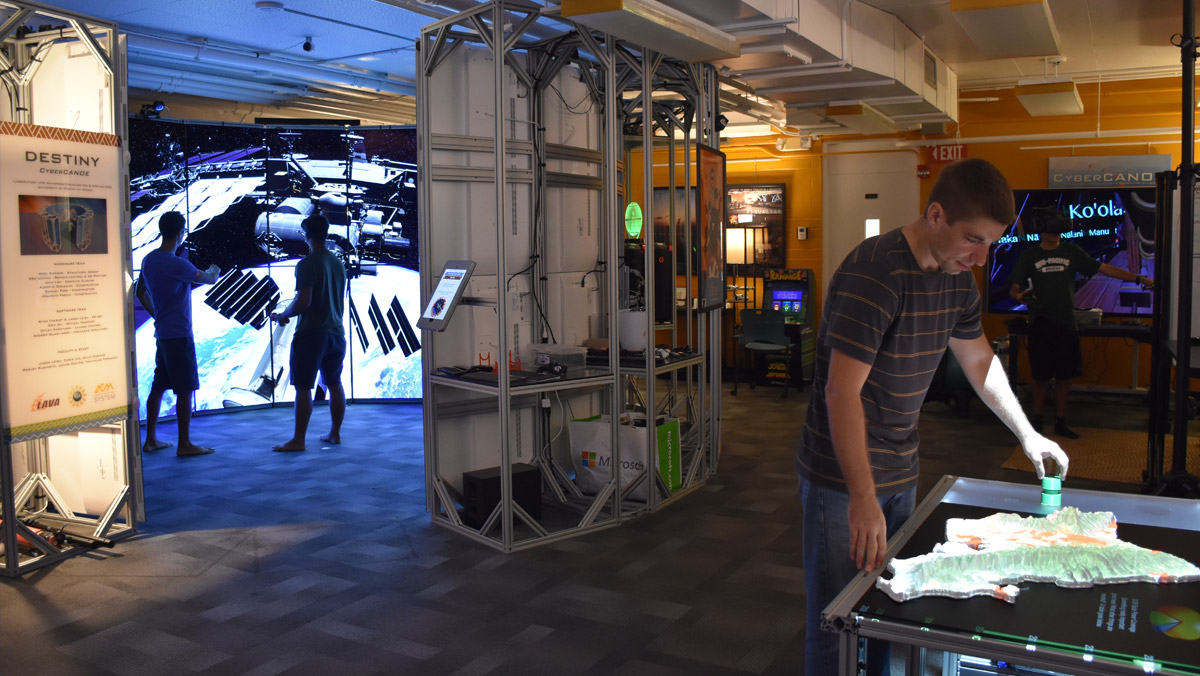
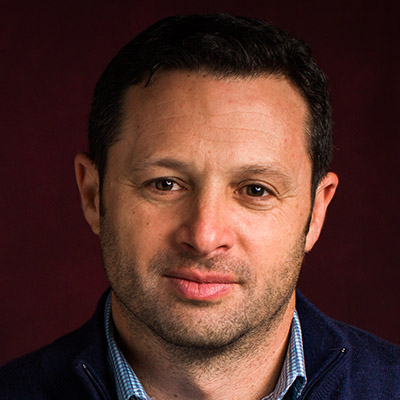 Jeff Kirschner
Jeff Kirschner
Former world backpacker turned bartender, Jeff Kirschner is a serial entrepreneur with a love for storytelling. And when his 4-year old daughter saw a plastic tub of cat litter in the woods, little did Jeff realize that it would be the spark for creating Litterati - a movement that’s “crowdsource-cleaning” the planet. Now in 185 countries, the Litterati community identifies, maps, and collects waste -- resulting in an Open Litter Database - the largest of its kind. They are backed by leading Silicon Valley investors, the National Science Foundation, and have been highlighted at TED. Jeff’s work has been featured by National Geographic, Rolling Stone, Fast Company, and Forbes.
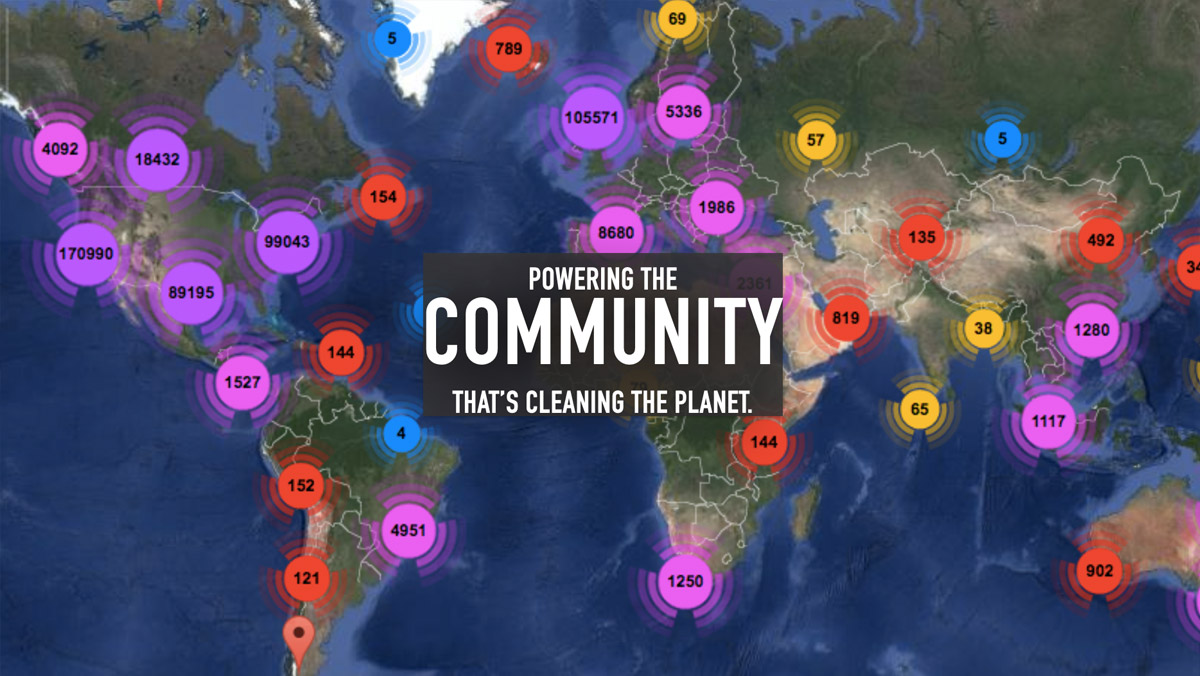
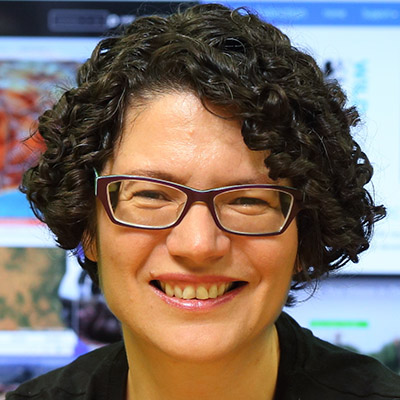 Tanya Berger-Wolf
Tanya Berger-Wolf
Dr. Tanya Berger-Wolf is a computational ecologist. She is a Professor of Computer Science Engineering, Electrical and Computer Engineering, and Evolution, Ecology, and Organismal Biology, as well as the Director of the Translational Data Analytics Institute at the Ohio State University. Berger-Wolf is also a director and co-founder of the AI for wildlife conservation non-profit Wild Me, home of the Wildbook project. It has been featured in media, including Forbes, The New York Times, CNN, National Geographic, and The Economist. Berger-Wolf has given hundreds of talks, including at TEDx and UN/UNESCO AI for the Planet. Prior to coming to OSU in January 2020, Berger-Wolf was at the University of Illinois at Chicago. She has received numerous awards for her research and mentoring, including University of Illinois Scholar, UIC Distinguished Researcher of the Year, US National Science Foundation CAREER, and Association for Women in Science Chicago Innovator.
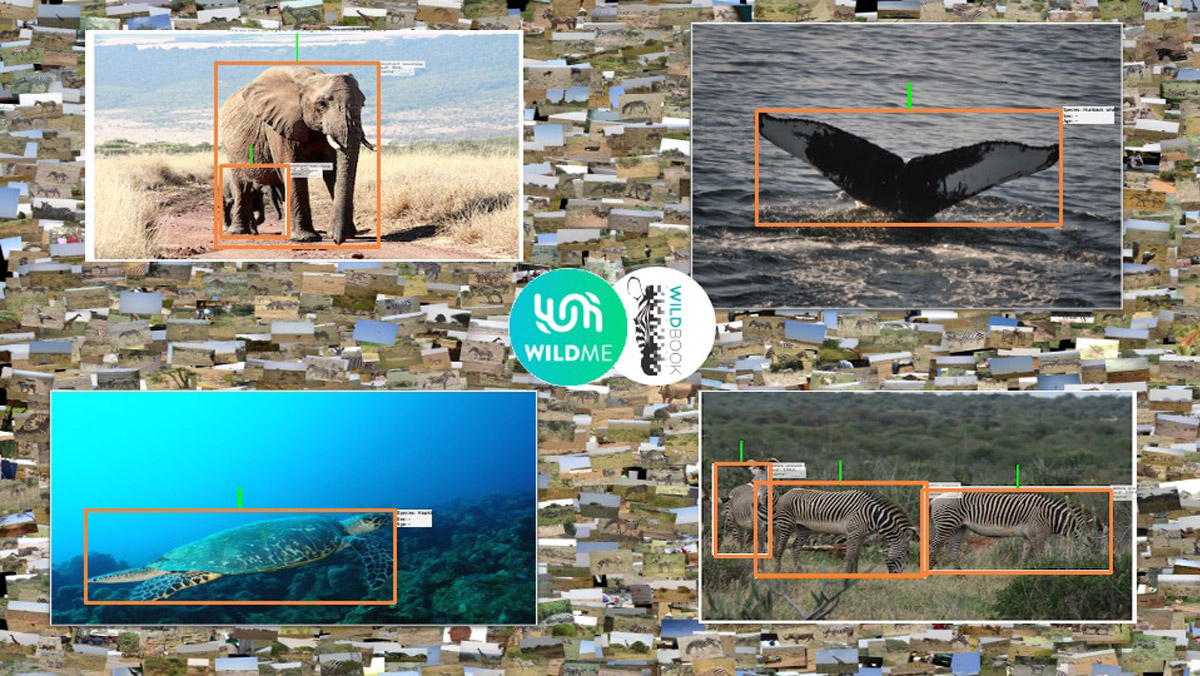
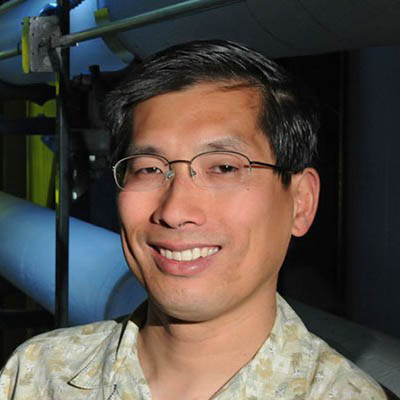 Ka Chun Yu
Ka Chun Yu
IMERSA advisor Ka Chun Yu will foreword our presenters with a brief overview of the Worldviews Network.
Ka Chun is an astronomer at the Denver Museum of Nature & Science, which he joined in 2001 as part of a team tasked to create planetarium software to visualize the known universe. He has helped produce movies for the digital dome; has created Earth educational programs for the planetarium; and has done research on how digital planetariums can be used to effectively teach astronomy. He participates in extensive education and public outreach including giving numerous talks to the public, and advising on science content in permanent and temporary museum exhibits. His research interests include studying how to teach astronomy with digital planetariums, and astronomical research involving outflows from protostars and the evolution of young star clusters.
